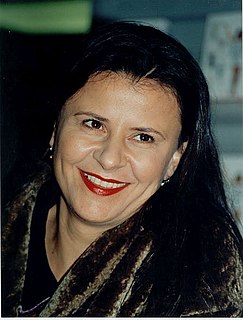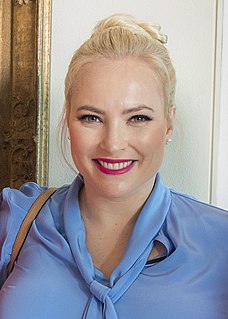A Quote by Camille Paglia
All fear of 'offensive' speech is bourgeois and reactionary. Historically, profane or bawdy language was common in both the upper and the lower classes, who lived together in rural areas amid the untidy facts of nature. Notions of propriety and decorum come to the fore in urbanized periods ruled by an expanding middle class, which is obsessed with cleanliness, respectability, and conformism.
Quote Topics
Related Quotes
Which class is happiest, the rich, the middle class or the poor? A very successful executive of a large organization touches upon this vital subject in a long letter to all his salesmen. He uses as his text a passage from Robinson Crusoe which included this: ""My Father bid me observe it, and I should always find that the calamities of life were shared among the upper and lower part of mankind; but that the middle station had the fewest disasters, and were not exposed to so many vicissitudes as the higher or lower part of mankind.
The state machine, including the army, the police and the courts, is the instrument with which one class oppresses another. It is an instrument of oppression against all hostile classes; it means violence and is certainly not anything 'benevolent.' 'You are merciless.' Quite so. We definitely do not adopt a benevolent policy towards the reactionary activities of the reactionaries and the reactionary classes.



































